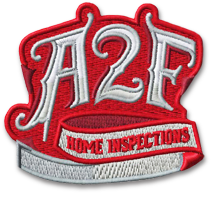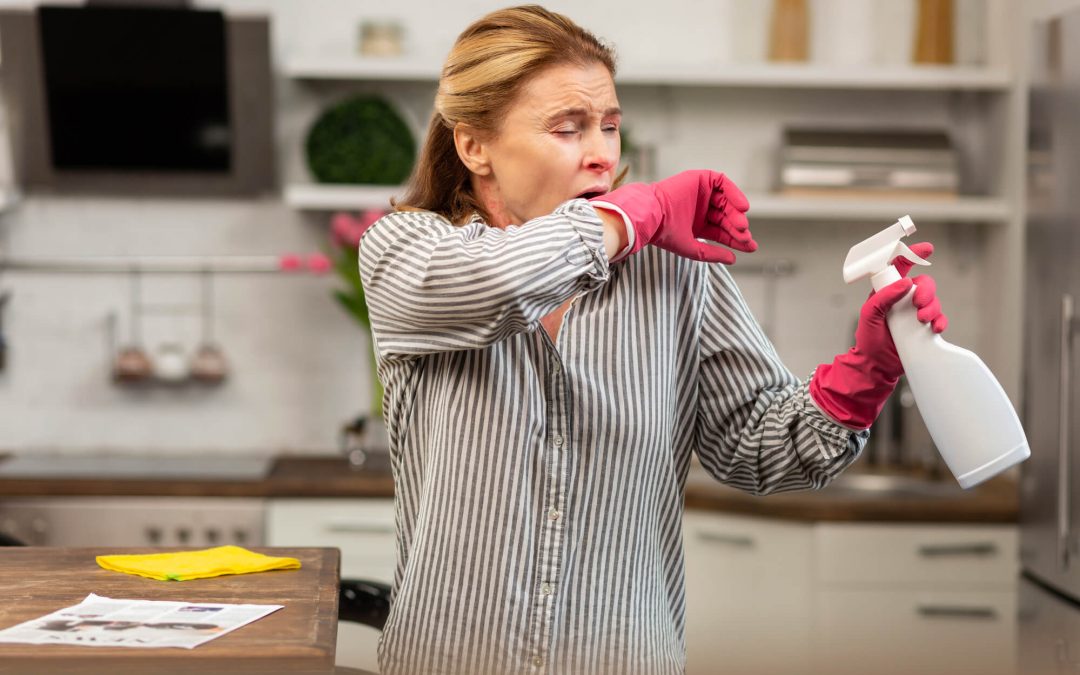Allergies can turn your home into a battleground of sneezing fits, watery eyes, and discomfort. Whether triggered by pollen, dust mites, pet dander, or mold, allergies can significantly diminish your quality of life. However, there are proactive steps you can take to banish allergens from your living spaces. Check out these tips for allergy-proofing your home.
1. Allergy-Proofing Your Home: Clean with Purpose
Regular cleaning is essential for allergy-proofing your home. However, it’s not just about tidying up; it’s about targeted cleaning to remove allergens effectively. Use a vacuum cleaner equipped with a HEPA filter to trap dust, pollen, and pet dander. Focus on commonly overlooked areas such as upholstery, curtains, and rugs where allergens accumulate. Additionally, wash bedding, including sheets, pillowcases, and mattress covers, in hot water weekly to eliminate dust mites.
2. Maintain Optimal Humidity Levels
Controlling indoor humidity can help prevent the proliferation of mold and dust mites, two common allergens. Invest in a hygrometer to monitor humidity levels and aim to keep them between 30-50%. Use a dehumidifier in damp areas like basements and bathrooms to reduce moisture. Conversely, in dry climates, use a humidifier to prevent nasal passages from drying out, exacerbating allergy symptoms.
3. Seal Entrances While Allergy-Proofing Your Home
Prevent outdoor allergens from infiltrating your home by sealing entrances effectively. Weather stripping around doors and windows creates a tight seal, keeping pollen out.
4. Choose Allergy-Friendly Furnishings
Opt for furnishings that are less likely to harbor allergens. For example, select hardwood or tile flooring instead of wall-to-wall carpeting, which can trap dust and pet dander. If you prefer carpet, choose low-pile options and vacuum regularly. Similarly, opt for washable blinds or shades instead of heavy curtains that can accumulate dust.
5. Create a Pet-Free Zone
Pets can be a significant source of allergens, particularly their dander. If you or a family member have pet allergies, consider designating certain areas of your home as pet-free zones, such as bedrooms or living rooms. Additionally, bathe pets regularly and groom them outdoors to minimize shedding indoors.
6. Invest in Air Purification
Air purifiers can be invaluable for allergy sufferers, effectively removing airborne allergens and improving indoor air quality. Look for purifiers equipped with HEPA filters, which can capture particles as small as 0.3 microns. Place them strategically in high-traffic areas or rooms where you spend the most time to maximize their effectiveness.
7. Maintain Outdoor Spaces to Help with Allergy-Proofing Your Home
While you can’t control outdoor allergens entirely, you can take steps to minimize their impact. Plant low-allergen landscaping options such as shrubs instead of high-pollen trees. Additionally, remove leaf litter and debris from outdoor living spaces regularly to prevent mold growth.
Creating an allergy-proof home requires diligence and attention to detail, but the payoff is worth it—a healthier, more comfortable living environment for you and your family. By implementing the tips outlined above, you can significantly reduce allergens indoors. Consistency is key, so make allergy-proofing a regular part of your household routine for lasting relief.

